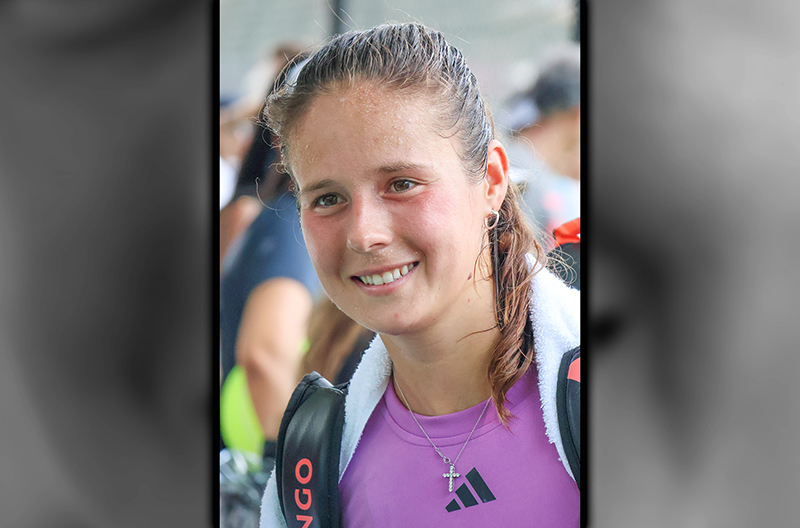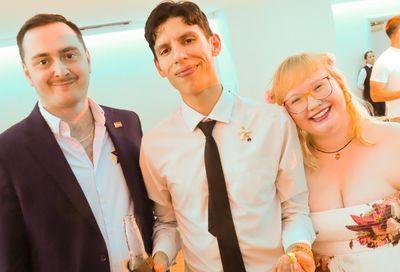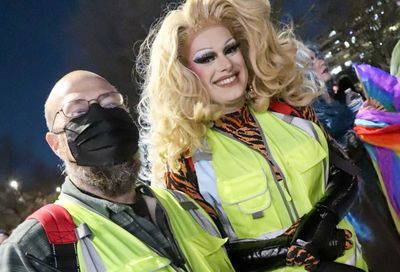Arizona Supreme Court to hear anti-gay religious challenge to Phoenix’s LGBTQ nondiscrimination ordinance
Business owners claim the pro-LGBTQ law violates their freedom of religion

The Arizona Supreme Court has agreed to hear arguments in a case brought by a pair of calligraphers challenging the city of Phoenix’s LGBTQ-inclusive nondiscrimination law, reports the Arizona Republic.
The lawsuit, brought by the evangelical artists behind Brush and Nib Studio, seeks to allow the business’ owners to refuse to provide custom-made calligraphy for same-sex weddings.
The owners claim that Phoenix’s current nondiscrimination ordinance, as written, forces them to violate their religious beliefs by creating products for marriages that they see as invalid or immoral.
Brush and Nib Studio has also asked to post a public statement attesting that they will not “create any artwork that violates our vision as defined by our religious and artistic beliefs and identity,” including “artwork that demeans others, endorses racism, incites violence, contradicts our Christian faith, or promotes any marriage except marriage between one man and one woman.”
The calligraphy business argued in its initial lawsuit that the nondiscrimination ordinance violates the Arizona Constitution’s free speech clause, religious toleration clause, equal protection clause, due process clause, and the state’s Free Exercise of Religion Act.
But a lower court disagreed, as did the Arizona Court of Appeals when it ruled in June that Brush and Nib’s First Amendment rights did not supersede the city’s interest in ensuring LGBTQ people are not discriminated against.
Brush and Nib is being represented by the conservative legal organization Alliance Defending Freedom, which has been behind several challenges to LGBTQ nondiscrimination laws — including, notably, the state of Colorado’s in the Masterpiece Cakeshop case that went before the Supreme Court — as well as pro-LGBTQ policies that allow transgender students in schools to be treated according to their gender identity.
The Arizona Supreme Court’s decision to hear the case is significant because the court is not required to hear every appeal. By taking the case, the court may be indicating a willingness to resolve the question of how to strike a balance between people’s religious beliefs and the ability of governments to protect potentially vulnerable populations from mistreatment.
Support Metro Weekly’s Journalism
These are challenging times for news organizations. And yet it’s crucial we stay active and provide vital resources and information to both our local readers and the world. So won’t you please take a moment and consider supporting Metro Weekly with a membership? For as little as $5 a month, you can help ensure Metro Weekly magazine and MetroWeekly.com remain free, viable resources as we provide the best, most diverse, culturally-resonant LGBTQ coverage in both the D.C. region and around the world. Memberships come with exclusive perks and discounts, your own personal digital delivery of each week’s magazine (and an archive), access to our Member's Lounge when it launches this fall, and exclusive members-only items like Metro Weekly Membership Mugs and Tote Bags! Check out all our membership levels here and please join us today!






















You must be logged in to post a comment.